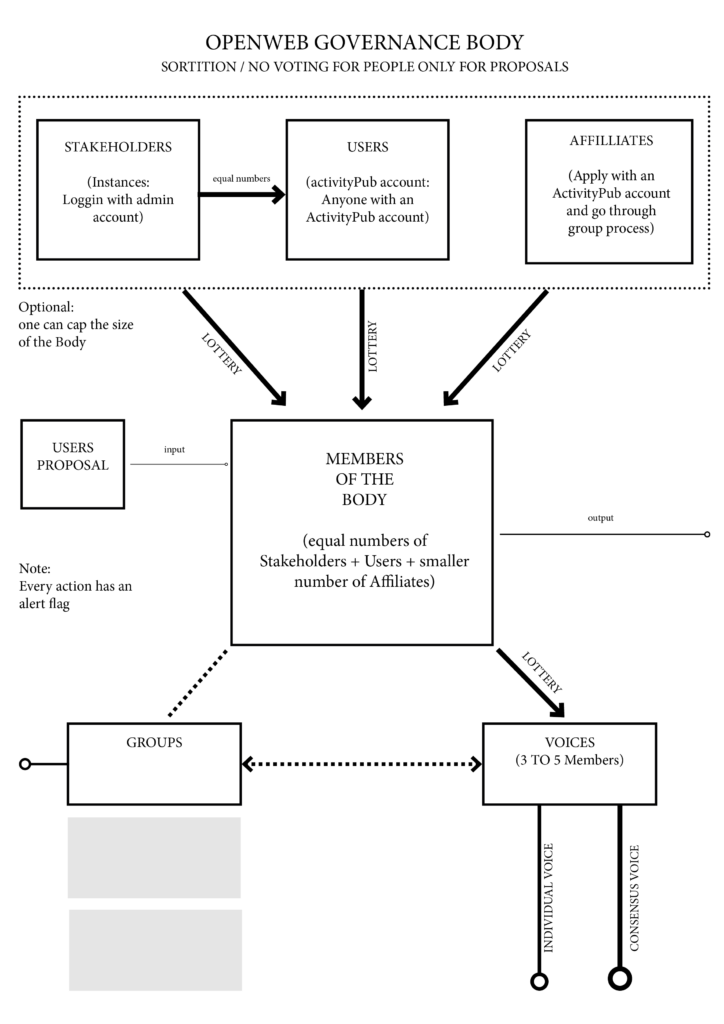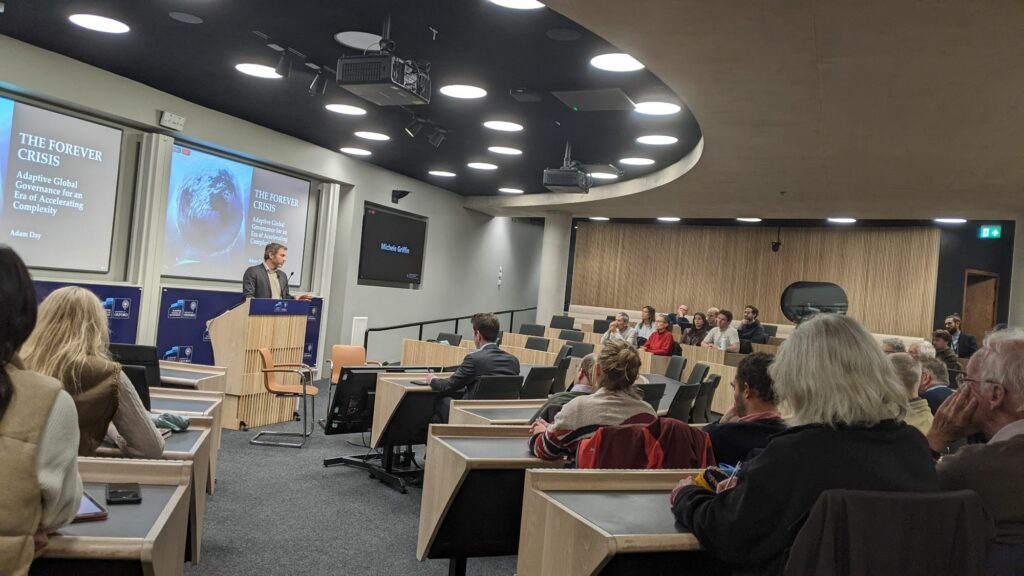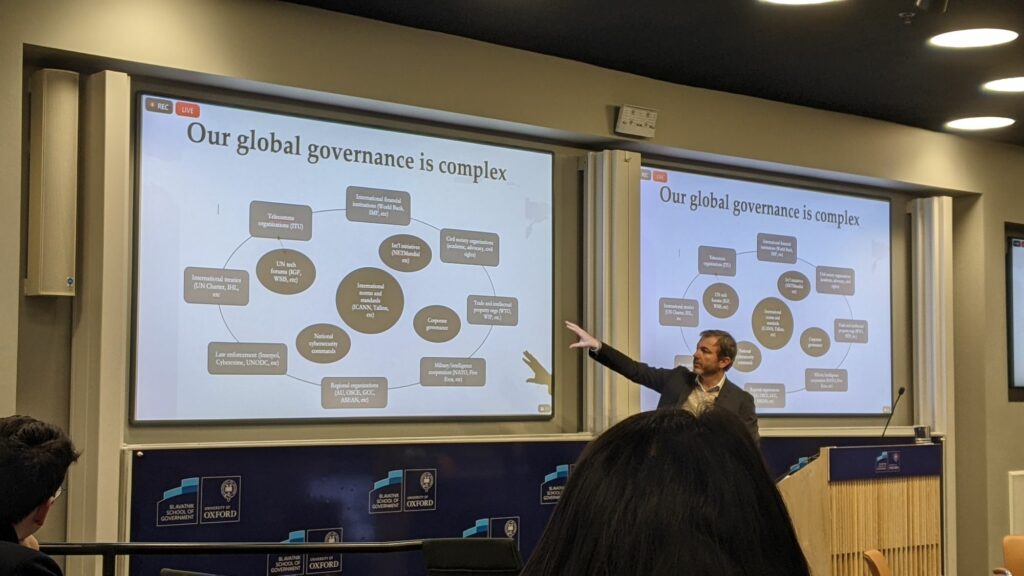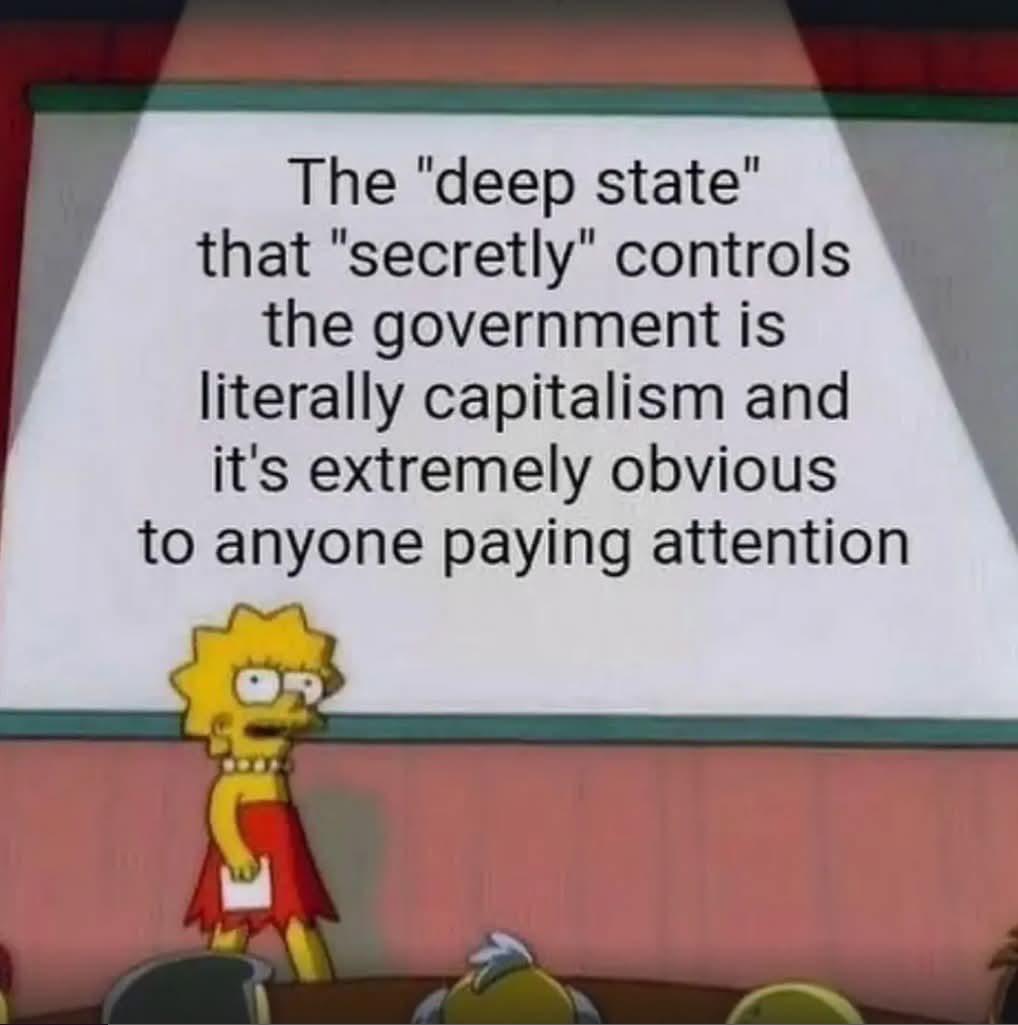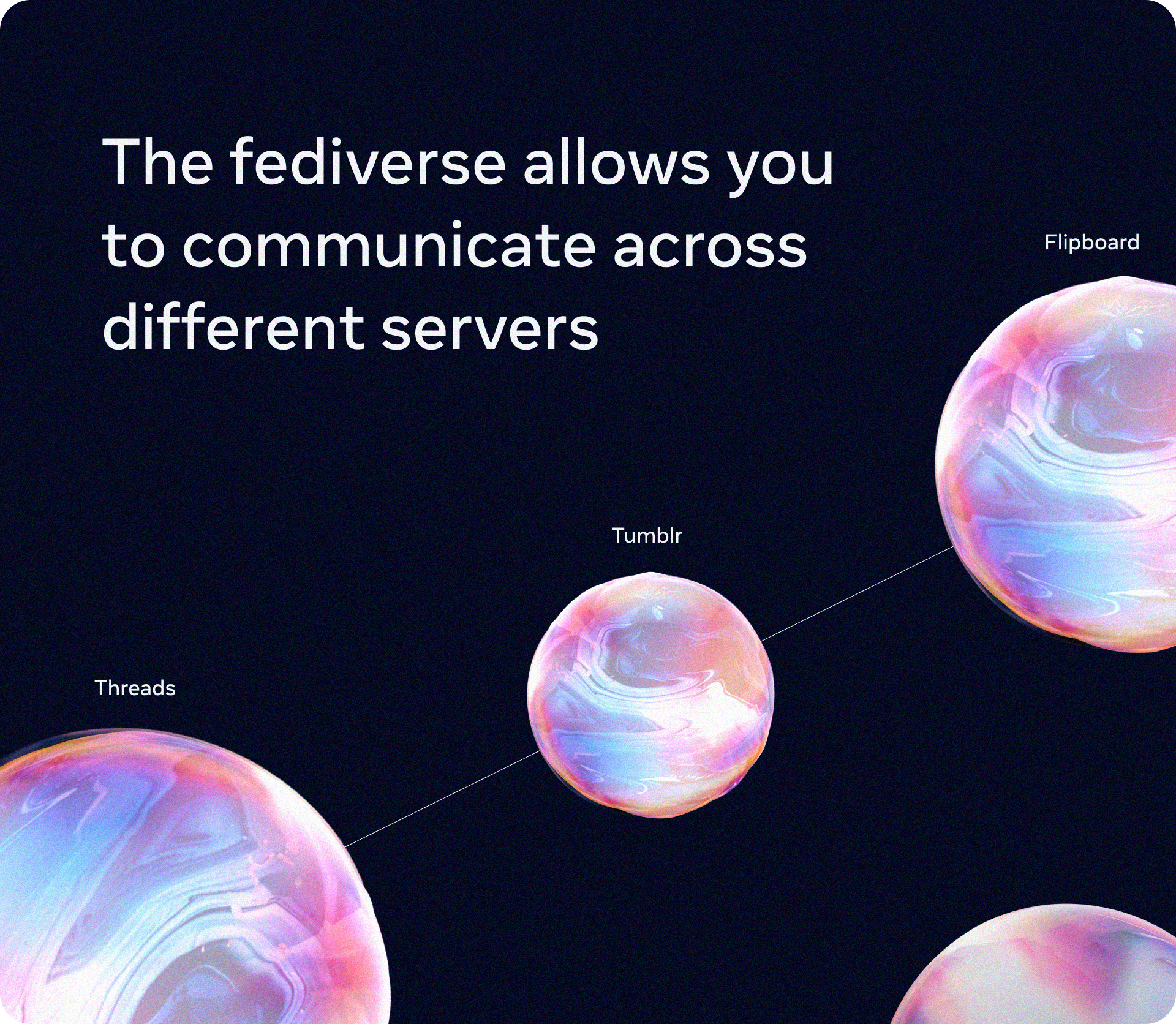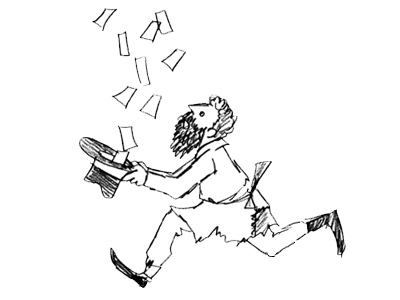Funders, #NGOs, and the #mainstreaming crew are trapped in fixed truths, while real change comes from dynamic thinking. That’s why they keep failing us. So, how do we break this cycle and move forward? For meaningful #openweb funding, we need projects that are native and align with critical social needs for the evolution of the internet, balancing openness/trust based tech with funding for outreach and feedback mechanisms.
- Shifting Funding From “Fear/Control” to “Open/Trust” The Problem, current funding paths for internet projects focus on security, control, and compliance, perpetuating systems of centralized authority. This approach stifles trust-based collaboration, which are essential for the #openweb path. Action: help to advocate for dedicated funding streams for projects explicitly focused on decentralization, trust-building, and open governance structures like the Open Media Network (#OMN) and #OGB. Incorporate trust-based metrics into funding criteria, rewarding projects that demonstrate sustainable, human-centered governance.
- Bridging hard tech and soft use. The Problem: Hard tech (protocols, platforms) develop in isolation from people, leading to tools that fail to meet real-world social needs. Action: Allocate funds for programs to bridge developers and user communities, ensuring reciprocal feedback between tech builders and real life communities. Establish mechanisms to incorporate insights from “soft use” (how people interact with tools) into the iterative development of “hard tech.” Support user-led design initiatives for communities to directly shape the platforms they use.
- Governance: The Problem: Existing tech networks prioritize technical over social design, exacerbating the #geekproblem of over-complexity and alienating the change we need. Action: Fund projects like the OMN that flip this dynamic, prioritizing human networks as the foundation for technical systems. This creates tools that reflect and support the needs of grassroots communities. Promote protocols like #ActivityPub to enhance interoperability and people/community autonomy across networks.
- The OMN is a lightweight framework with five core functionalities aimed at building a trust-based semantic web:
* Publish: Share content as objects.
* Subscribe: Follow streams of interest (people, organizations, topics).
* Moderate: Manage trust by endorsing or rejecting content flows
* Rollback: Remove historical flows content from the point trust is broken.
* Edit Metadata: Improve the discoverability and context of content.
These tools enable people to control their digital spaces and data flows while horizontally growing collaboration and accountability
This native #openweb path requires systemic support with funding to promote tools and frameworks that build human agency and trust. By doing this, we create resilient and equitable paths in tech, moving away from the limitations of the #open and #closed web mess we keep repeating
On this subject, it’s worth looking at this https://en.wikipedia.org/wiki/Conway%27s_law

The funding crisis for the #openweb isn’t just about money—it’s about values. Right now, too much funding goes into coding copies of #dotcons, replicating the same social centralized, mess under a different name. This doesn’t fix anything—it just locks us into the same broken patterns.
We need to push for native #openweb approaches—ones rooted in decentralisation, trust, and open process. History is full of projects that did this right—#indymediaback being just one example. But the real challenge isn’t just building the tech; it’s getting people to value this diversity.
Funding bodies like #NGI, #nlnet, and #ngizero could play a key role if they prioritize projects that challenge, rather than copy, the status quo. But beyond grants, we need a cultural shift—one that recognises the importance of public digital infrastructure and collective ownership over our tools.
So what can we do?
- Demand funding for actual #openweb projects, not more social silos.
- Build bridges between funders and radical grassroots tech.
- Create our own support networks outside traditional funding models.
- Shift the conversation—value the diversity, not just the tech.
If we don’t push, the funding will keep flowing into the wrong places, and we’ll be stuck recycling the same failures. Let’s compost the mess and grow something real.

